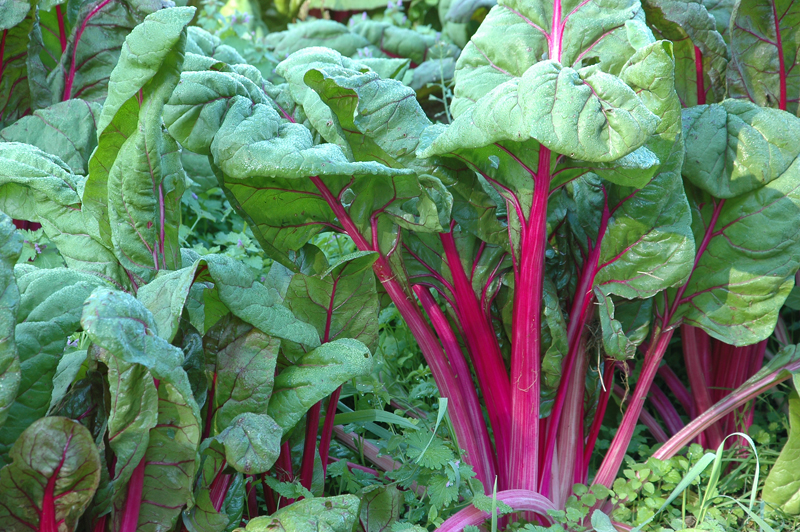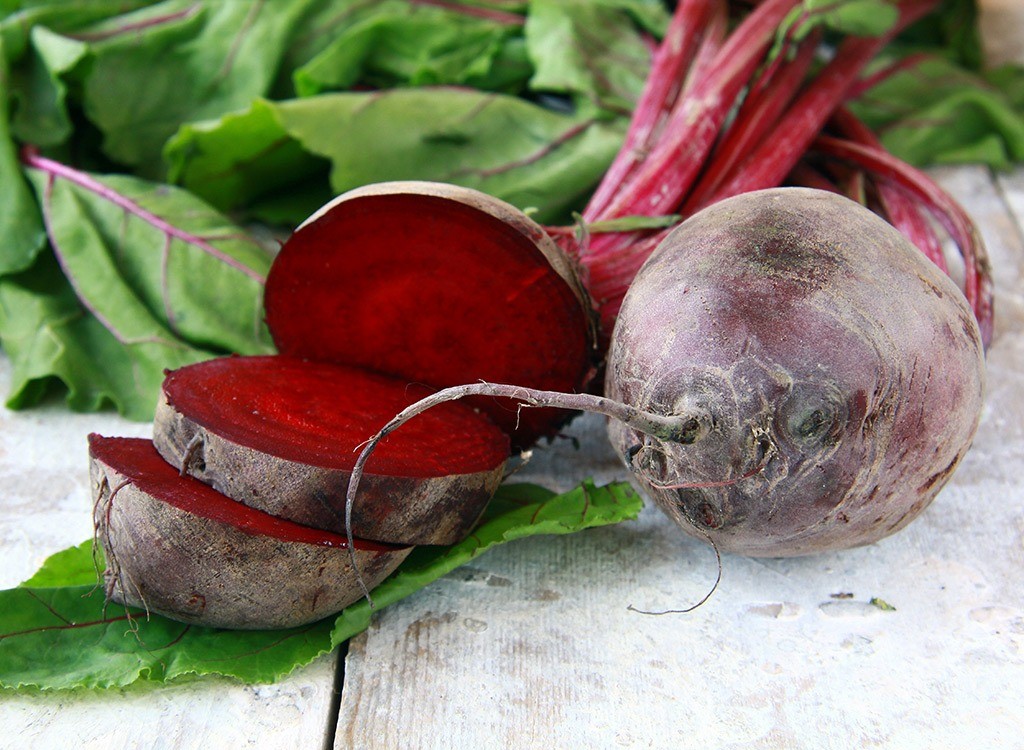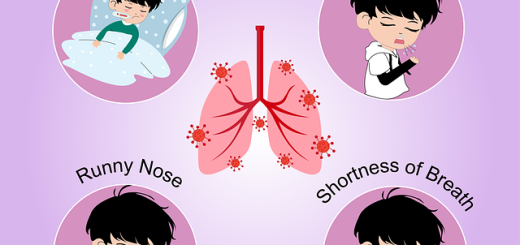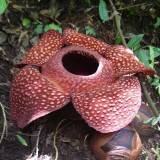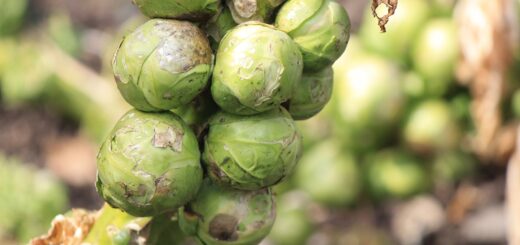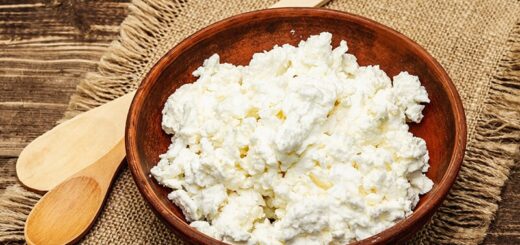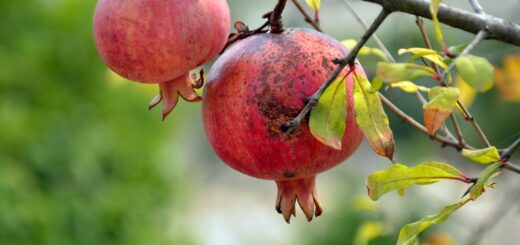Top 10 Healthiest Vegetables In The World
3. Chard (Nutrient Density Score – 89.27)
Chard is a leafy green vegetable in the same family as beets and spinach. Their leaves are an excellent source of antioxidant vitamin, vitamin-C. Its fresh leaves provide about 33% of recommended levels per 100 g. As a powerful water-soluble antioxidant, vitamin C helps remove free radicals and reactive oxygen species (ROS) from the human body through its reduction potential properties. Research studies suggest that regular consumption of foods rich in vitamin C help maintain normal connective tissue, prevent iron deficiency, and also help the human body develop resistance against infectious agents by boosting immunity.
Chard is one of the excellent vegetable sources for vitamin-K; 100 g provides about 700% of recommended intake. Vitamin K has potential role bone health by promoting osteotrophic (bone formation and strengthening) activity. Adequate vitamin-K levels in the diet help limiting neuronal damage in the brain; thus, has established role in the treatment of patients suffering from Alzheimer’s disease.
It is also rich source of minerals like copper, calcium, sodium, potassium, iron, manganese and phosphorus. Potassium is an important component of cell and body fluids that helps controlling heart rate and blood pressure by countering effects of sodium. Manganese is used by the body as a co-factor for the antioxidant enzyme, superoxide dismutase. Iron is required for cellular oxidation and red blood cell formation.
4. Beet Green (Nutrient Density Score – 87.08)
Beet greens are young, leafy-tops of the beetroot plant. They are an excellent source of vitamin K, vitamin A, vitamin C, copper, potassium, manganese, vitamin B2, magnesium, vitamin E, fiber and calcium. They are also a very good source of iron, vitamins B1, B6, and pantothenic acid, as well as phosphorus and protein. Beet greens are also a good source of zinc, folate and vitamin B3.
This leafy vegetable is notably good in many B-complex groups of vitamins such as riboflavin, folate, niacin, vitamin B-6 (pyridoxine), thiamin, pantothenic acid, etc., that are essential to the body as part of co-enzymes during the metabolism in the body.
High quality nutrition ingredients in the beet greens offer protection from vitamin A deficiency, osteoporosis, iron-deficiency anemia, and believed to protect from cardiovascular diseases and possibly colon and leukemia cancers.
